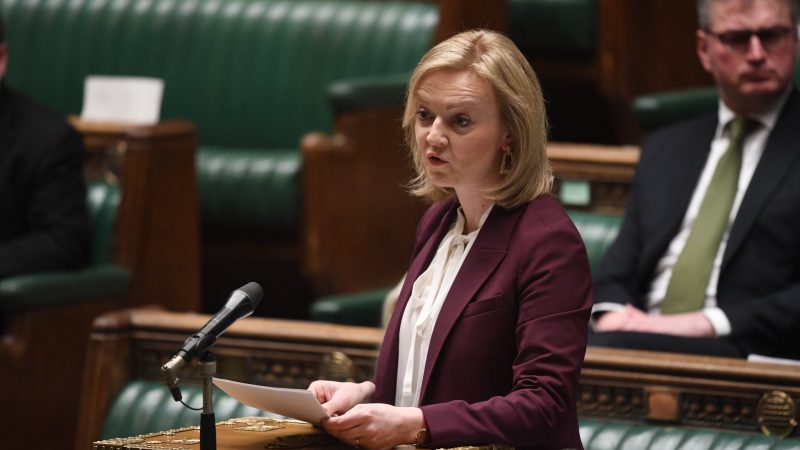
The death of the Queen after seven decades on the throne is a moment for sober reflection about the UK’s past and future. From her first Prime Minister, Winston Churchill, to her last, Liz Truss, the Britain of today is barely recognisable from the post-war imperial power of 1952.
Over the course of the last 70 years, the country has experienced profound technological and social change that has made people’s lives far better. Thanks to the twin forces of science-led innovation and social liberalism, we can do more and be more than any generation in history. But we face huge challenges too. During the first 50 years of the Queen’s reign, standards of living for most families increased quickly and consistently, but in the last 20 years they have stalled.
Largely as a result, our politics has grown more resentful, polarised and zero-sum. In the early 2000s, it seemed that Britain was successfully navigating its way from imperial power, and then internally-focused nation state, to becoming a society, economy and polity that was plural, European and global in its outlook and engagements. Since then, our public discourse has turned towards nationalism, insularity and intolerance – forces that feel much more prevalent in politics than everyday life. With our divisions more pronounced, the UK’s place in the world and its own territorial integrity are far from certain as we look ahead.
Since 1952, we’ve also seen the tide rise and fall on egalitarianism and collectivism. For the first 25 years of the Queen’s incumbency, Britain’s increasing prosperity was accompanied by falling inequality and the expansion of the welfare state. But in the 1980s, that all went into reverse, and for the last 40 years, we have been stuck in an individualistic, market-first, high-inequality paradigm. Despite all the good achieved by the 1997 Labour government, its efforts were too small-scale and too reversible to turn the tide. But the larger truth is that the British left has not governed enough to shape the country in its mould. The Labour Party supplied only four of the Queen’s 15 Prime Ministers: the left will only create a strong and fair society if it wins more often.
On the environment, the direction of travel has been better. Pollution and carbon emissions are much lower today than in the 1950s – but here it is a case of too little, too late. The UK was the first nation to industrialise, and we can lead the way to net-zero emissions. But for all the progress made in recent decades, Britain still emits more carbon than the global average and is not on course to meet its climate change commitments.
This is the backdrop that greets our new Prime Minister, and Truss looks set to be the most doctrinaire and unyielding Conservative leader since Margaret Thatcher. In her early days, she back-peddled on the UK’s climate policies even though Russia’s weaponisation of energy supply calls for a rapid acceleration towards net zero. Truss’s only plan for growth is to deregulate and cut taxes, which we know from history will drive up inequality but do nothing for prosperity for the many. And her combination of lower taxes and subsidies to energy producers means there will be nothing left for public services or protecting people in need. We are heading for a second round of Conservative austerity, only this time with high inflation, war-time levels of debt, a public realm already crippled by ten years of cuts and probably a recession too. The outlook for the NHS and the rest of the welfare state is grim indeed.
Truss may believe she can win an election with full-throated Thatcherism, but she is pitching her tent far to the right of mainstream public opinion. Labour must present a bold alternative vision for remaking Britain, because environmental, economic and social intervention supply more plausible and popular answers to the country’s ills. This is not the 1980s. The left can have confidence that it will win the battle of ideas.
This piece will also appear in the forthcoming edition of the Fabian Review.




More from LabourList
Government announce SEND reform in schools white paper
SPONSORED: ‘Industrial hemp and the challenge of turning Labour’s priorities into practice’
‘A day is a long time in politics, so we need ‘action this day’’